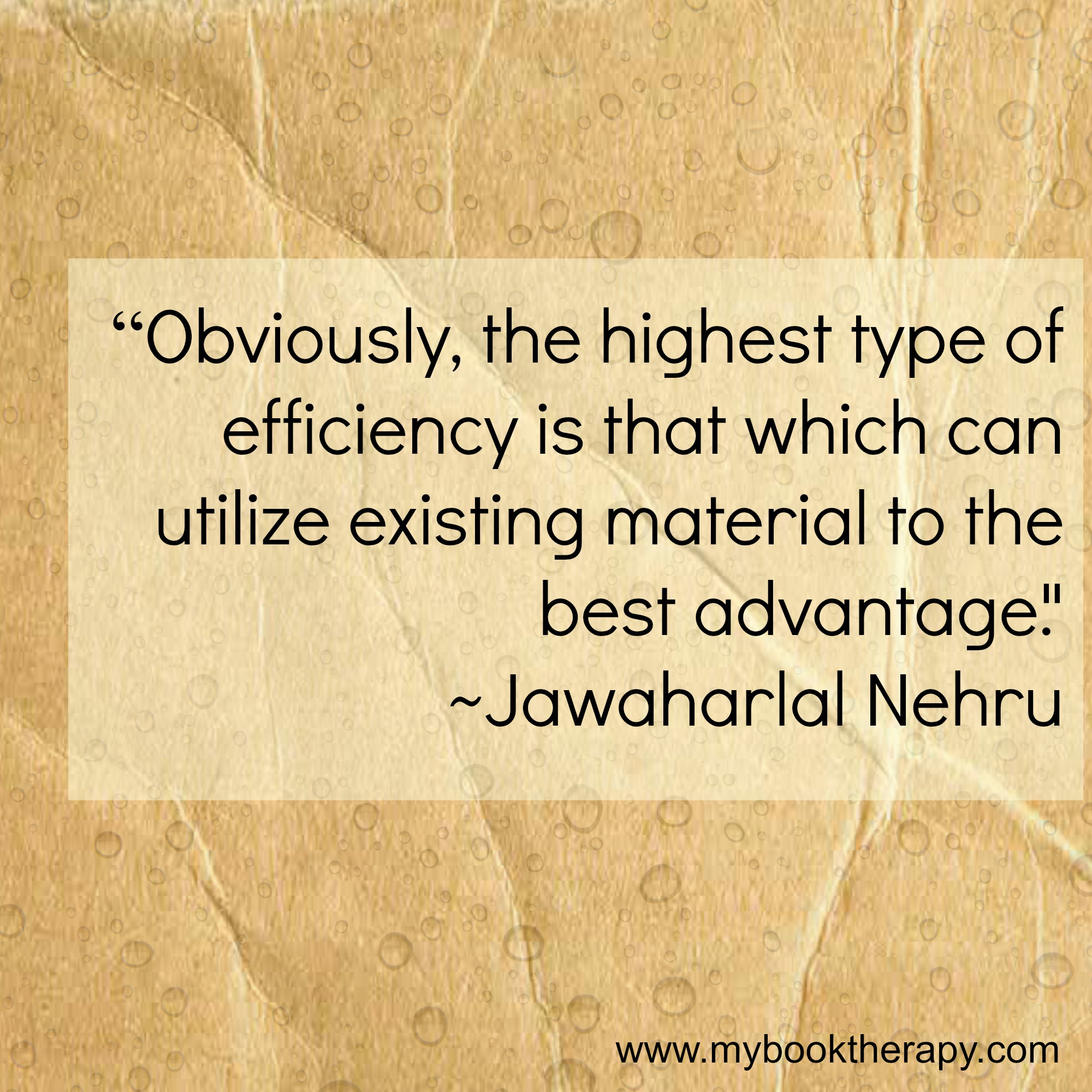I shop for groceries at a market that offers discount prices. Most of the food items aren’t brand name. Patrons bring their own bags or buy them at checkout. In order to use a shopping cart, you need to pay a quarter, but you receive your quarter back once you return the cart.
The cashiers are efficient in scanning groceries because they are timed per transaction. This lessens gossiping with customers and co-workers that slow down lines.
As I was packing my own groceries into my cloth bags, I thought about the efficiency of the store that allows me to get in and out with a month’s worth of groceries (yes, a month) in less than an hour.
Carts aren’t left in the parking lot. Shelves are stocked daily by the cashiers before the store opens. Selection is limited, so customers aren’t overwhelmed by choices. Checking out is streamlined.
So what does that have to do with writing?
One of the challenges of finding a balance in writing and life is using your writing time more efficiently so you’re more productive with your words.
Here are a few tips to help you write more efficiently:
- B.I.C.: The best way to write efficiently is BIC—butt in chair. It’s tough to write if you’re doing laundry, cleaning the kitchen or watching the latest episode of American Idol. When you have designated writing time, sit at your computer and write.
- Limit distractions: Maybe you can write with background noise or music, but it’s pretty tough to write while surfing Facebook, replying to emails or sending Tweets on Twitter. When it’s time to focus on your novel, close those windows so they don’t distract you from your current task.
- Zero In: My friend Michelle Lim is great in pulling me back from the plotting ledge by reminding me to zero in. Instead of focusing on the overall story and the overwhelming number of words that need to be written, I need to focus on one chapter at a time and zero in on the details that bring those scenes to life.
- Add the Asterisk: During the first Storycrafters Retreat, Susie taught us if we’re stuck on a name or a specific element in our scene, then we should add an asterisk or two. That way you can continue forward without wasting precious writing time trying to figure out exactly what you need. Once you’ve completed that scene or chapter or even the entire novel, you can use the search feature to find those asterisks and replace them with the necessary information.
- Plan ahead: When you’re done for the day, review your scenes, then think ahead to your next scene. As you’re going about your daily activities, ponder your upcoming scene so when you sit at the computer, you’re not staring at the blinking cursor.
- Take some downtime: When writing time is limited, it’s still important to take necessary downtime to keep your creativity full charged.
Every writer’s time at the computer varies, but once you get in the habit of using your time more efficiently, you’ll be that much closer to completing your novel.
